What Makes This Good Stuff
A few years ago we went on a quest to find the cleanest possible organic coffee in toxin-free packaging to drink ourselves. We quickly discovered that while organically grown coffee beans are widely available, they are, unfortunately, always roasted and packaged in ways that can add all sorts of unwanted chemistry to the beans.
This means that by the time your organic coffee reaches your cup it would likely no longer qualify as “organic,” and definitely not as Good Stuff.
Toxins in Coffee Growing & Roasting
Here are just three of the pesticides commonly used on coffee beans:
- Methyl Parathyion is one of the most vile pesticides ever created, and is is toxic to a wide swath of all living things–including humans.
- Endosulfan is toxic to most animals and takes a very long time to break down in the soil.
- Chlorpyrifos has been banned for household use in the U.S. as it can cause death and birth defects.
All of the above, and more, can show up in your morning brew if you don’t buy organic coffee.
Organic coffee beans are a great start to a healthier cup of Joe, but it is important that the roasting process be free from harmful chemistry, too.
Roasting equipment needs to be regularly cleaned to avoid harmful solvents showing up in your cup. Finding a a roaster that is dedicated to the nontoxic process can be challenging–it took us a year to find one!
Toxins in Coffee Packaging
Once the beans are roasted, they go into a bag that almost always contain plastics and other toxins that can convey even more toxins to your beans.
Coffee bags are commonly lined with polypropylene to keep the coffee oils from making the bag unsightly. Don’t be fooled by bags that look like simple brown paper. They are almost certainly lined with polypropylene plastic.
Polypropylene (PP), while relatively inert, is the single most abundant micro-plastic found in all the waters of the world (and in seafood…and in every one of us!).
The effects of micro-plastics from PP are only beginning to be understood. Studies have found that polypropylene particles may stimulate the immune system, but human studies are lacking.
Until recently there have been no alternatives to standard coffee bags, but we finally found a new, nontoxic, environmentally safe alternative.
Toxins in Decaf Coffee
There are several decaffeination techniques, one of which is toxic. The important thing is to find coffee that’s been decaffeinated with a water process. Methylene Chloride Process (MCP) is the most common decaffeination technique, and it uses the solvent Methylene Chloride (commonly found in things like paint stripper). According to Consumer Reports, even small doses of MCP can cause “coughing, wheezing, and shortness of breath. At higher doses, it can cause headache, confusion, nausea, vomiting, dizziness, and fatigue, and has been found to cause liver and lung cancer in animals.” It’s true that the trace amount remaining in decaf coffee is restricted to no more than 10 ppm, but we definitely prefer our coffee without any of this decided Bad Stuf–our decaf coffee is never processed with Methylene Chloride!
Introducing Coffee, Not Chemicals
After a year of research and a lot of false starts, we are so excited to introduce our own brand of coffee. Our coffee bags are certified nontoxic and 100% compostable…even the label, even the adhesive, even the valve! This means that our coffee is not only non-toxic but also a zero waste product. It is Ethiopian Arabica Beans – Sidamo Region – Wet Processed (Washed), Organic, Fair Trade
What You Get from Coffee, Not Chemicals:
- Certified organic whole coffee beans that are:
- Fresh roasted in a dedicated non-toxic roastery. Each bag has a roast date.
- Our packaging is certified nontoxic by an independent testing facility.
- This means that the bags, the valve, the labels, the ink, and even the adhesives are nontoxic and 100% compostable.
- The packaging is free of BPA, phthalates, fossil fuel by-products, and bleach.
- 1 pound bag (16 oz)
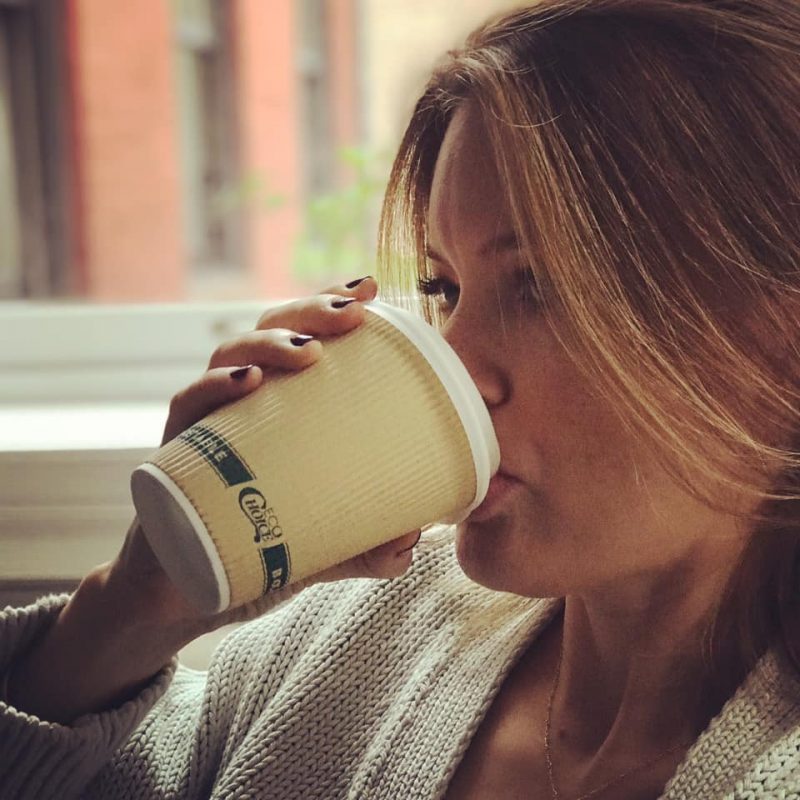

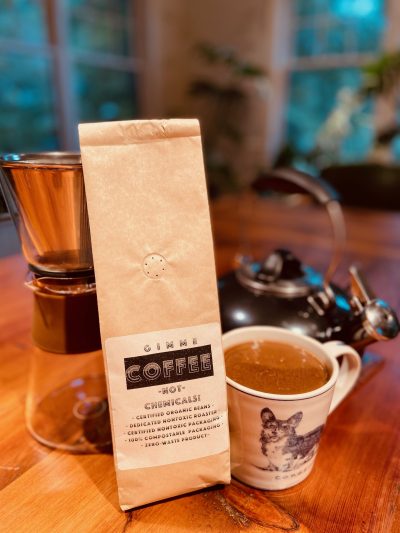
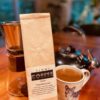

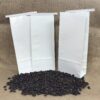

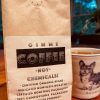

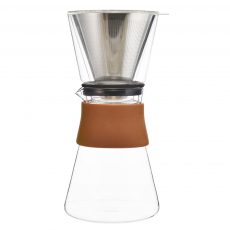
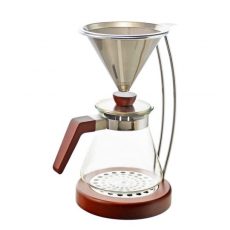
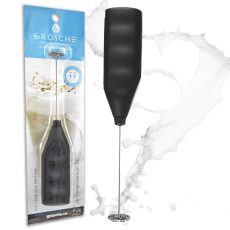
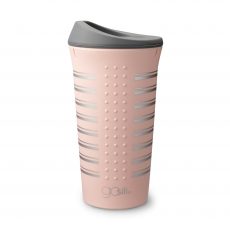
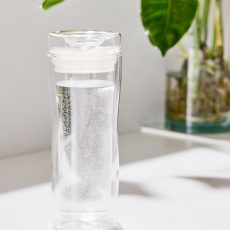
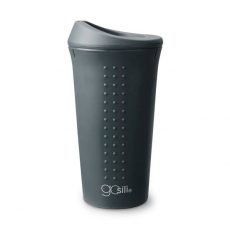
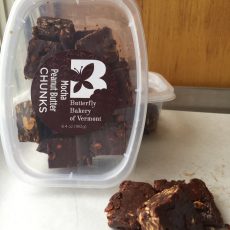
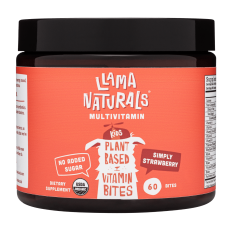
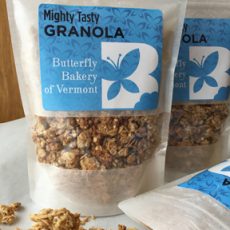
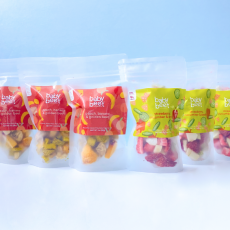
Reviews
There are no reviews yet.